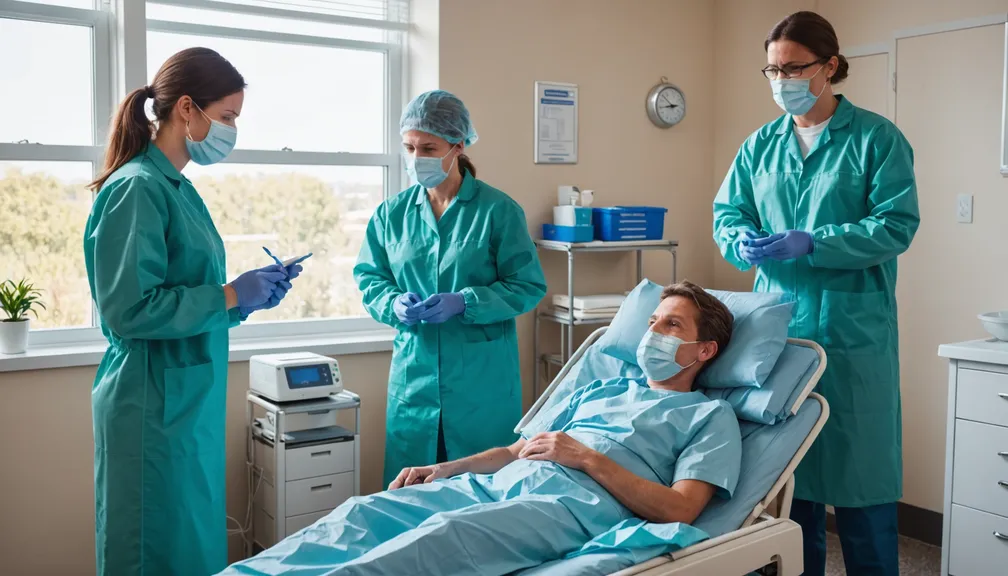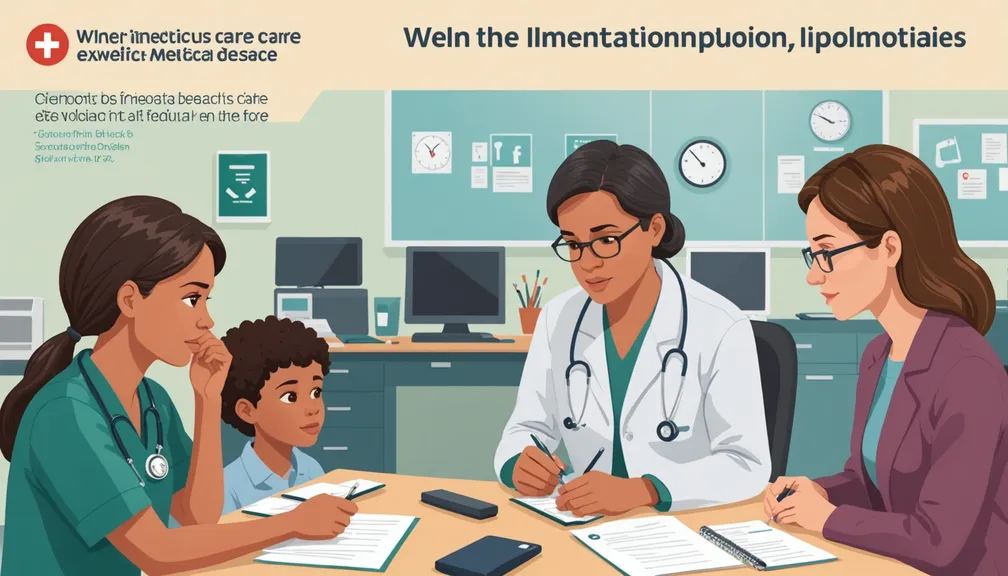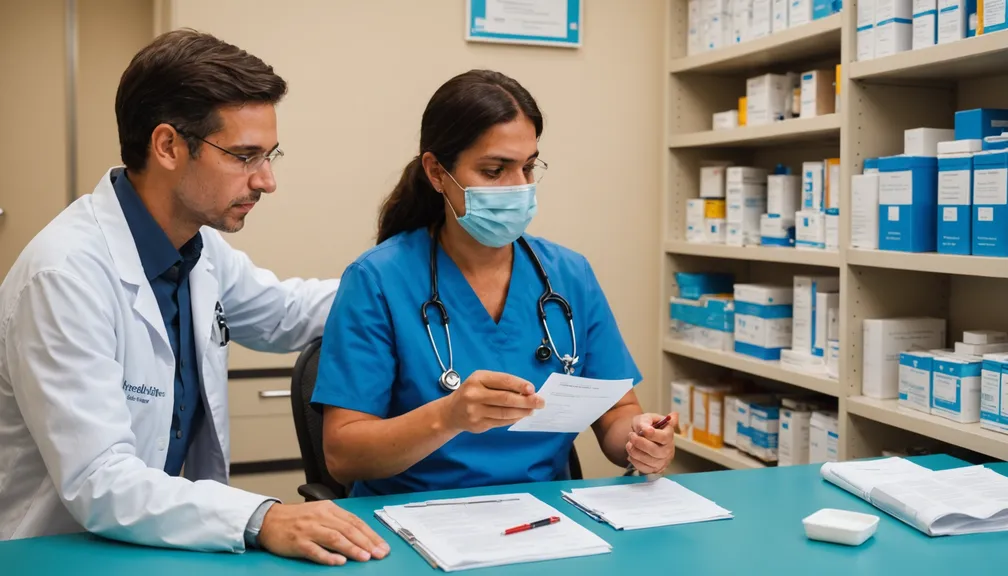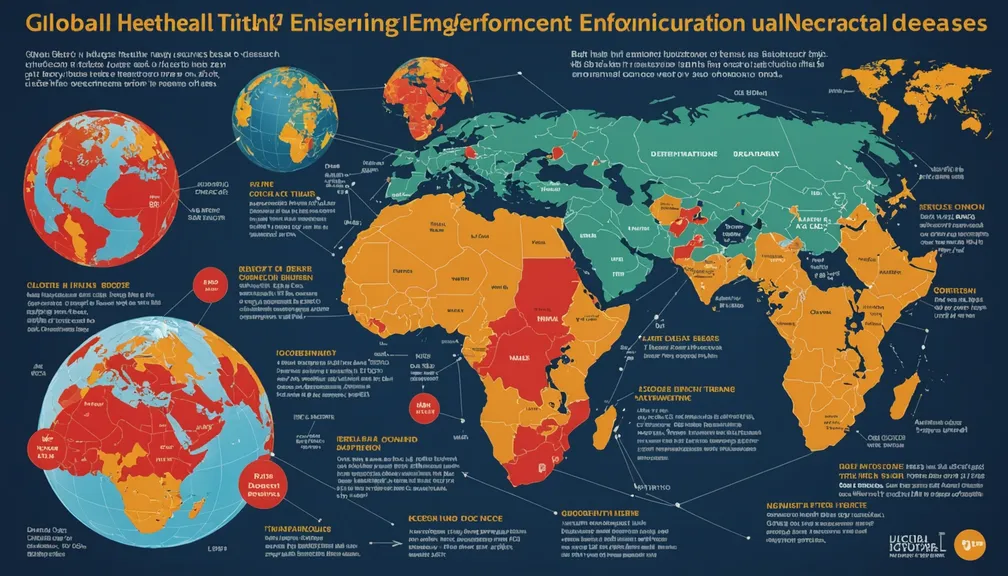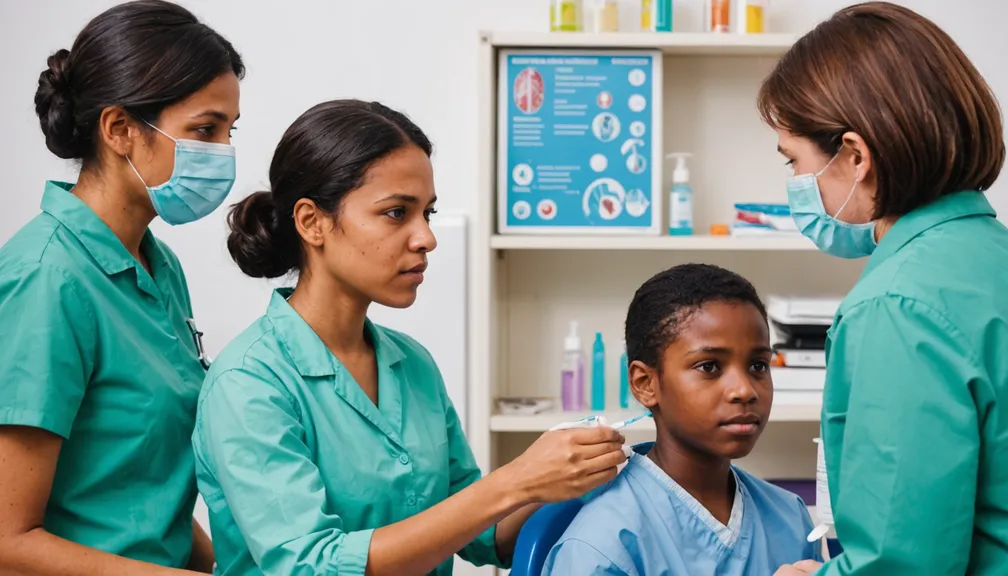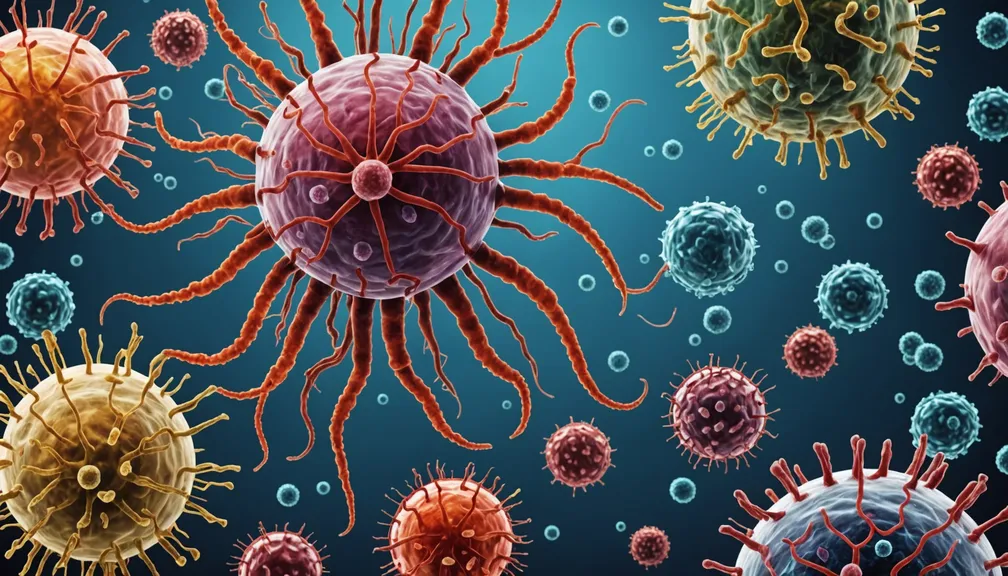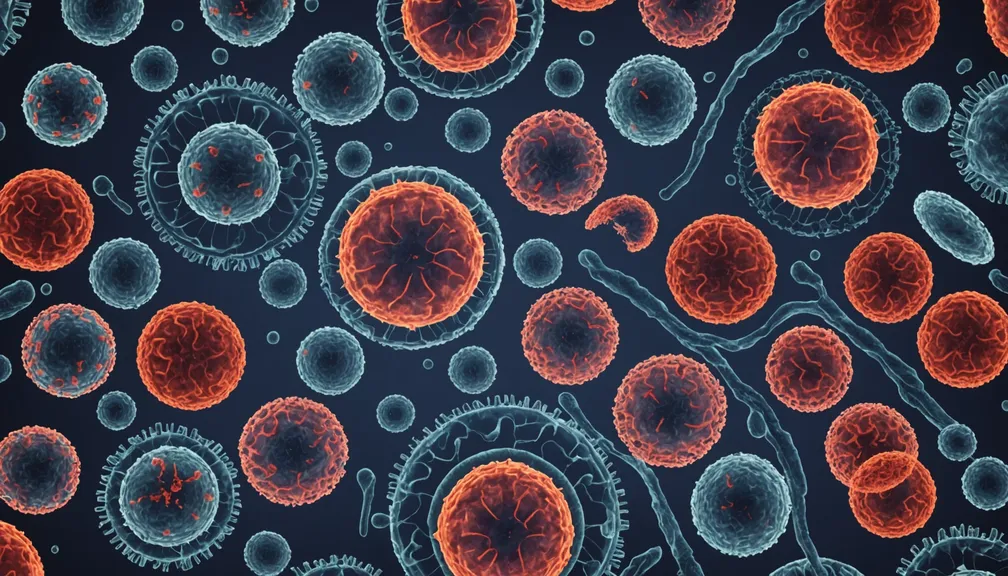Preventing Rare Infections: Hygiene and Vaccination
Understanding Rare Infectious Diseases
Rare infectious diseases are caused by uncommon pathogens, including bacteria, viruses, fungi, parasites, and prions. These diseases often present unique challenges:
- Diagnosis: Due to their rarity, symptoms may be mistaken for more common illnesses.
- Treatment: Limited treatment options may be available, and standard therapies might not be effective.
- Prevention: Awareness and specific preventive measures are crucial to reduce the risk of infection.
Importance of Hygiene in Prevention
Maintaining proper hygiene is a fundamental step in preventing the spread of rare infectious diseases.
Hand Hygiene
- Regular Handwashing: Wash hands thoroughly with soap and water for at least 20 seconds, especially after:
- Visiting public places
- Using the restroom
- Before eating or preparing food
- After coughing, sneezing, or blowing your nose
- Hand Sanitizer: Use an alcohol-based hand sanitizer when soap and water are not available.
Environmental Cleaning
- Disinfect Surfaces: Regularly clean and disinfect frequently touched surfaces such as doorknobs, light switches, and electronic devices.
- Proper Waste Disposal: Dispose of medical waste and contaminated materials safely to prevent environmental contamination.
Safe Food and Water Practices
- Food Safety:
- Cook meats thoroughly to kill potential pathogens.
- Avoid consuming raw or undercooked foods, especially seafood and eggs.
- Wash fruits and vegetables before eating.
- Water Safety:
- Drink clean, treated water.
- Use safe water sources for cooking and brushing teeth.
- Be cautious when traveling to areas with poor water sanitation.
Vaccination: A Key Preventative Measure
Vaccines play a crucial role in preventing certain rare infectious diseases by boosting the immune system's ability to fight specific pathogens.
Understanding Vaccines
- Function: Vaccines introduce a harmless component of a pathogen to stimulate the body's immune response without causing the disease.
- Types:
- Live-attenuated vaccines: Contain a weakened form of the pathogen.
- Inactivated vaccines: Contain a killed version of the pathogen.
- Subunit vaccines: Include specific parts of the pathogen, such as proteins.
Recommended Vaccinations for Rare Infections
While not all rare infectious diseases have vaccines, certain vaccines can help prevent diseases caused by uncommon pathogens:
- Rabies Vaccine: Recommended for individuals at high risk of rabies exposure, such as veterinarians or those traveling to areas with high rabies incidence.
- Japanese Encephalitis Vaccine: Advised for travelers to regions where Japanese encephalitis is prevalent.
- Tick-borne Encephalitis Vaccine: Suitable for those spending extended periods in areas where tick-borne encephalitis is common.
Recognizing and Responding to Symptoms
Early detection of rare infectious diseases can significantly improve outcomes.
Early Signs to Watch For
- Unusual Symptoms: Persistent fever, unexplained weight loss, severe headaches, or neurological symptoms.
- Exposure History: Recent travel to endemic areas, contact with animals, or exposure to contaminated environments.
When to Seek Medical Help
- Persistent or Severe Symptoms: Do not delay consulting a healthcare professional if experiencing severe or unexplained symptoms.
- Exposure to Potential Pathogens: Seek medical advice if you've been exposed to animals known to carry specific diseases or have been in environments with poor sanitation.
Collaborating with Healthcare Professionals
Working with the right healthcare team ensures proper diagnosis, treatment, and management of rare infectious diseases.
Types of Doctors to Consult
- Infectious Disease Specialists: Experts in diagnosing and treating infectious illnesses, including rare diseases.
- Epidemiologists: Professionals who study the patterns, causes, and effects of health and disease conditions in defined populations.
- Immunologists: Specialists who focus on the immune system and may assist in vaccine-related consultations.
Supportive Health Professionals
- Nurses: Provide care, administer medications, and offer patient education.
- Pharmacists: Assist with medication management and answer questions about treatments.
- Public Health Workers: Offer guidance on preventive measures and community health initiatives.
Lifestyle Considerations
Adopting certain lifestyle changes can further reduce the risk of contracting rare infectious diseases.
Travel Precautions
- Research Destinations: Understand the prevalent diseases in the area you plan to visit.
- Vaccinations: Ensure all recommended vaccines are up to date before traveling.
- Preventive Measures: Use insect repellent, sleep under bed nets in areas with mosquito-borne diseases, and avoid consuming potentially contaminated food and water.
Avoiding Risky Behaviors
- Safe Practices: Engage in safe sex, avoid sharing needles, and refrain from exposure to wild animals.
- Occupational Safety: Follow safety protocols if working in environments with a higher risk of exposure to uncommon pathogens, such as laboratories or healthcare settings.
Mental and Emotional Support
Coping with a rare infectious disease can be challenging. Seeking support is essential for overall well-being.
- Support Groups: Connect with others facing similar health challenges for emotional support and shared experiences.
- Counseling Services: Professional counselors can help manage stress, anxiety, and other emotional impacts of dealing with a rare disease.
- Family and Friends: Lean on loved ones for support and assistance during difficult times.
Conclusion
Preventing rare infectious diseases requires a combination of good hygiene practices, appropriate vaccinations, awareness of symptoms, and collaboration with healthcare professionals. By staying informed and proactive, patients and their loved ones can effectively reduce the risk of infection and manage any challenges that arise.
